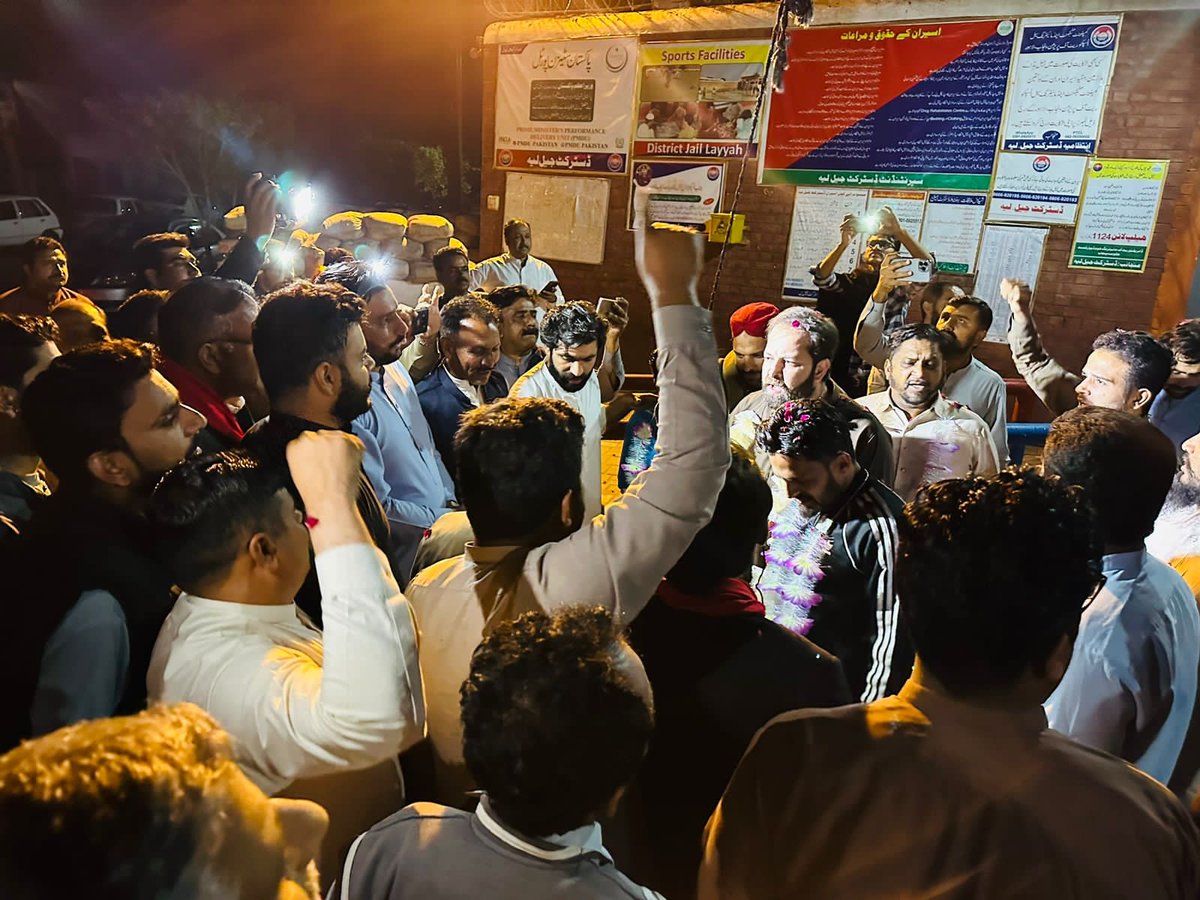OpenAI Faces FTC Investigation: Concerns Over ChatGPT's Data And Privacy

Table of Contents
The FTC's Investigation: What are the Allegations?
The Federal Trade Commission (FTC) plays a vital role in protecting consumer data and preventing unfair or deceptive business practices. Their investigation into OpenAI and ChatGPT stems from concerns that the platform may be violating several consumer protection laws. The FTC likely focuses on whether OpenAI's data collection, use, and storage practices meet the standards of transparency and user consent required by law. Potential violations under investigation may include those related to the Children's Online Privacy Protection Act (COPPA) if underage users' data was mishandled.
- Allegations of deceptive trade practices related to data handling: The FTC might investigate whether OpenAI has been transparent enough about how it collects, uses, and shares user data. This could involve examining their privacy policy and comparing it to actual practices.
- Concerns about the potential for unauthorized data collection: The investigation could explore whether ChatGPT is collecting data beyond what users explicitly consent to. This might involve analyzing the data ChatGPT collects passively through its interactions.
- Questions surrounding the security of user data stored and processed by ChatGPT: The FTC may be assessing the security measures OpenAI has in place to protect user data from breaches and unauthorized access. This would include an evaluation of their data encryption, access control, and incident response plans.
- Potential for algorithmic bias and discriminatory outcomes based on data used to train the model: The training data used for ChatGPT could contain biases reflecting societal prejudices, potentially leading to discriminatory outputs. The FTC might investigate whether OpenAI has adequately addressed these biases.
Data Privacy Concerns in Generative AI Models
Large language models (LLMs) like ChatGPT present unique challenges to data privacy. Their training involves processing massive datasets, which may contain sensitive personal information even after anonymization attempts. This presents a considerable risk.
- The vast amounts of data used to train ChatGPT: The sheer scale of data used to train these models makes it difficult to ensure complete privacy.
- The difficulty of anonymizing data used in training LLMs: Anonymization techniques are not always foolproof, leaving a potential for re-identification.
- The potential for re-identification of individuals from model outputs: Even with anonymized data, there's a risk that individuals can be re-identified from information generated by ChatGPT.
- The lack of transparency regarding data handling practices: A lack of clarity regarding how OpenAI handles user data further exacerbates privacy concerns.
The Broader Implications for AI Ethics and Regulation
The FTC's investigation into OpenAI has far-reaching implications for the entire AI industry. It sets a crucial precedent for future AI regulation and emphasizes the need for responsible AI development.
- The call for increased transparency in AI model development: This case highlights the need for greater transparency in how AI models are trained and the data they use.
- The debate surrounding the need for stricter data protection laws for AI: The investigation fuels the debate on whether current data protection laws adequately address the unique challenges posed by AI.
- The importance of addressing algorithmic bias in AI systems: The investigation underscores the necessity of mitigating algorithmic bias to ensure fair and equitable outcomes.
- The role of independent audits and certifications for AI models: There's a growing call for independent audits and certifications to verify the ethical and responsible development of AI systems.
The Future of ChatGPT and Generative AI
The FTC's investigation could lead to significant changes for OpenAI and the broader AI landscape. Potential consequences for OpenAI range from financial penalties to mandated changes in data handling practices. This could necessitate tighter user privacy settings, enhanced data security measures, and greater transparency in their operations. The investigation might also accelerate the development of more robust regulatory frameworks for generative AI, influencing future innovations in the field.
Conclusion
The FTC's investigation into OpenAI's data handling practices related to ChatGPT underscores the urgent need for greater transparency and responsibility in the development and deployment of powerful AI technologies. The outcome of this investigation will significantly impact not only OpenAI but also the entire landscape of AI development and regulation. Addressing concerns about data privacy and ethical considerations is crucial for fostering trust and ensuring the responsible use of generative AI.
Call to Action: Stay informed about the ongoing FTC investigation into OpenAI and ChatGPT. Learn more about data privacy and AI ethics to make informed decisions about the technologies you use. Demand greater transparency and accountability from AI developers regarding data privacy and security. The future of OpenAI, ChatGPT, and the broader AI landscape depends on responsible data handling practices.

Featured Posts
-
 India Vs Pakistan Is War Over Kashmir Inevitable Exploring The Historical And Current Tensions
May 08, 2025
India Vs Pakistan Is War Over Kashmir Inevitable Exploring The Historical And Current Tensions
May 08, 2025 -
 Check Lotto And Lotto Plus Results Wednesday April 2 2025
May 08, 2025
Check Lotto And Lotto Plus Results Wednesday April 2 2025
May 08, 2025 -
 Lahwr Hayykwrt Awr Dley Edaltwn Ke Jjz Kw Sht Ky Bymh Shwlt
May 08, 2025
Lahwr Hayykwrt Awr Dley Edaltwn Ke Jjz Kw Sht Ky Bymh Shwlt
May 08, 2025 -
 El Betis Forjando Una Historia Inolvidable
May 08, 2025
El Betis Forjando Una Historia Inolvidable
May 08, 2025 -
 Speculation Counting Crows 2025 Concert Setlist
May 08, 2025
Speculation Counting Crows 2025 Concert Setlist
May 08, 2025
